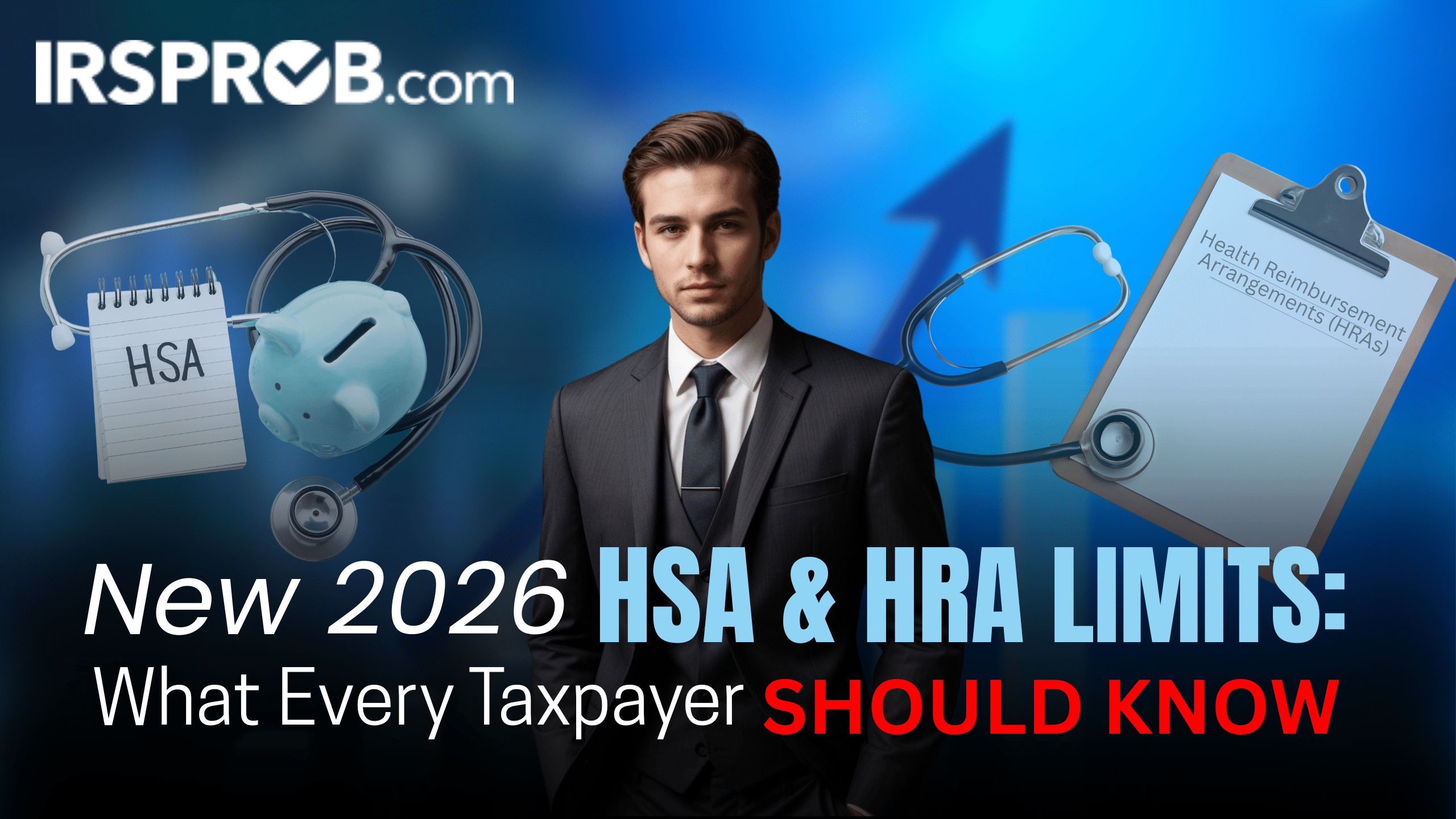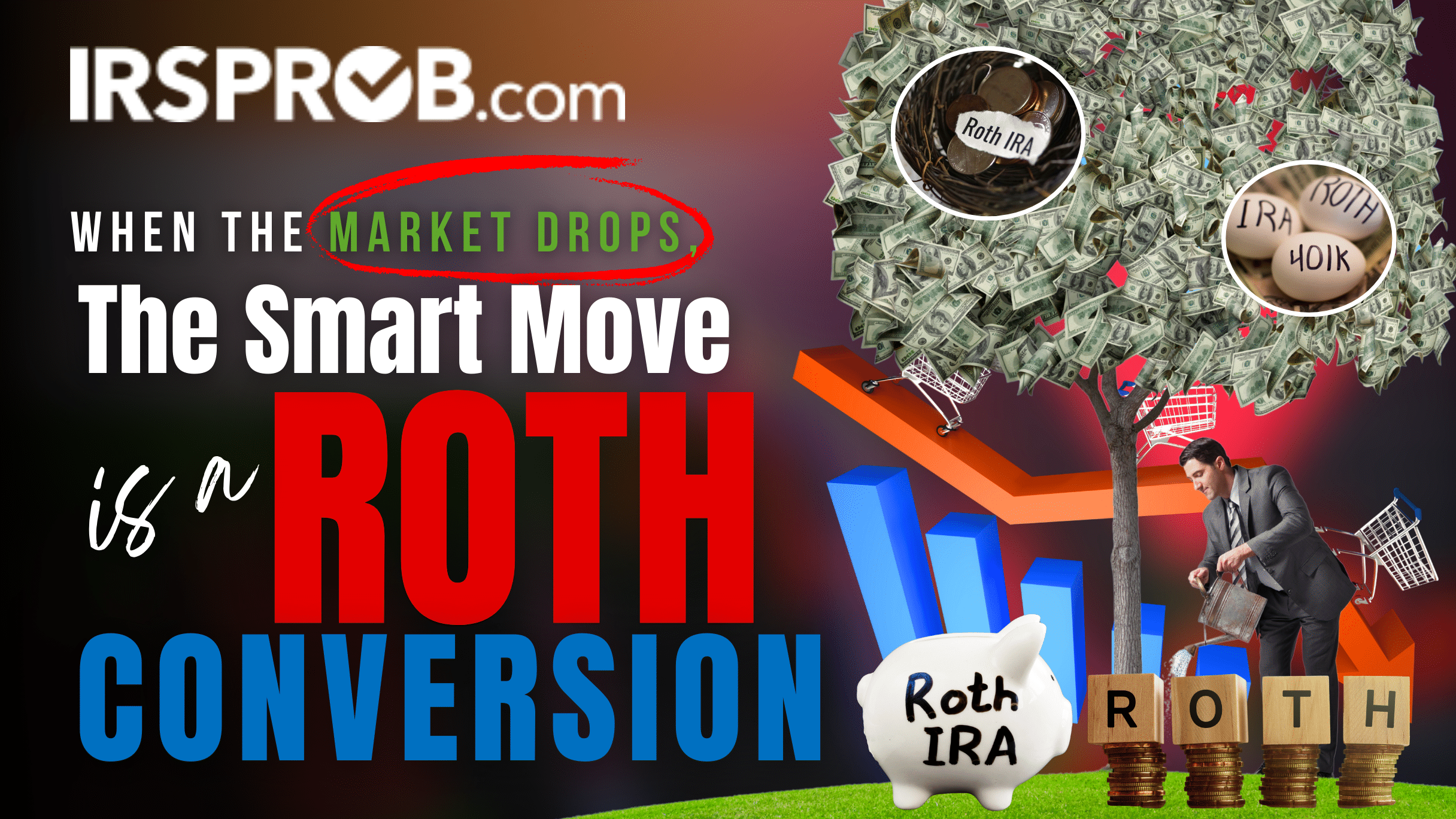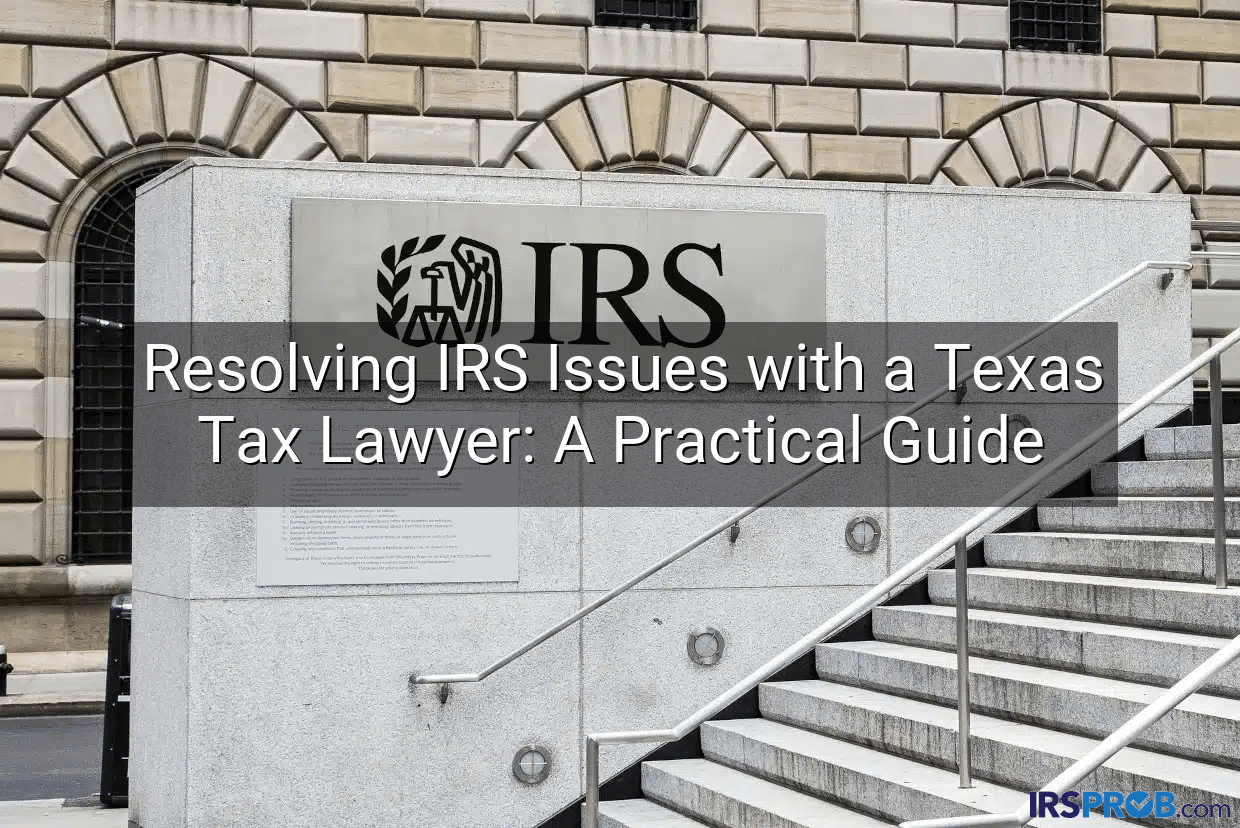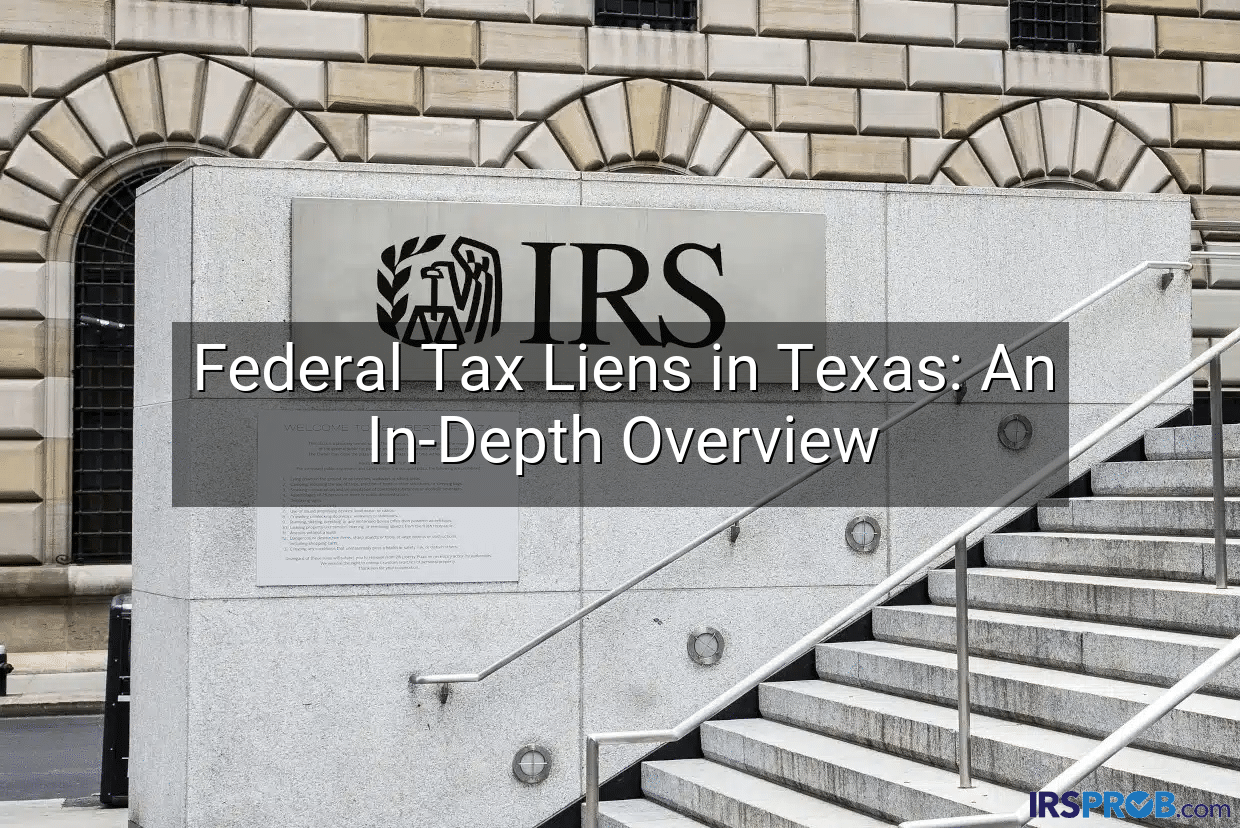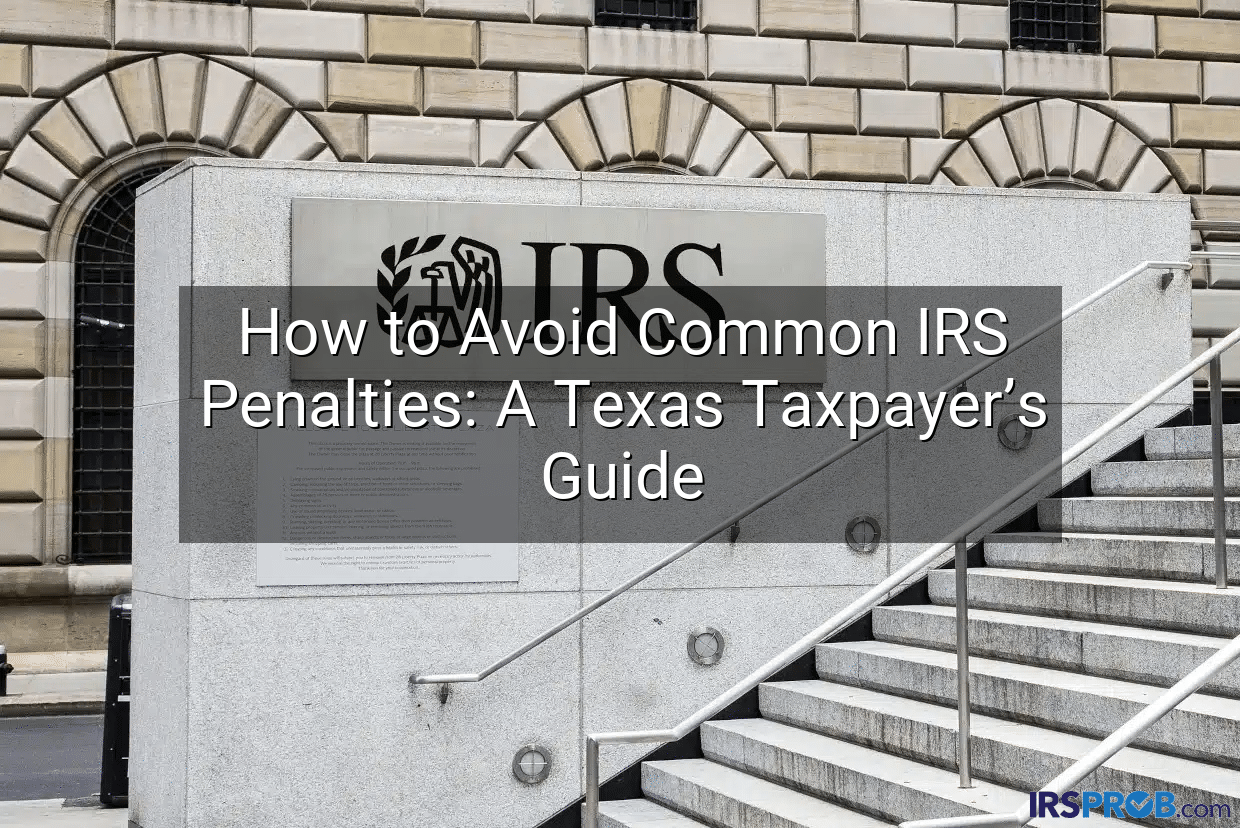New IRS guidance expands the possibilities for what is an adverse COVID-19 impact on you for purposes of taking up to $100,000 out of your retirement accounts and repaying it without penalties.
First, let’s review the rules as they were before this new IRS guidance. The CARES Act created the first set of rules, and those rules are still in effect.
What the CARES Act States: A coronavirus-related distribution from your qualified retirement plan, Section 403(b) plan, or IRA gets two tax benefits:
1.) If you withdraw and keep the money, you pay no 10 percent early withdrawal penalty and you can spread the income equally over tax years 2020, 2021, and 2022. You also can elect to include it all in tax year 2020, if you want.
2.) You can repay the money within three years of the distribution date and pay no tax or penalty on the amount.
Under the CARES Act relief, you qualify for a coronavirus-related distribution if:
1.) You, your spouse, or your dependent is diagnosed with COVID-19 with a CDC-approved test;
2.) You experience adverse financial consequences as a result of being quarantined, being furloughed or laid off, or having work hours reduced due to COVID-19;
3.) You experience adverse financial consequences as a result of being unable to work due to lack of childcare due to COVID-19; or
4.) You experience adverse financial consequences as a result of closing or reducing your business hours due to COVID-19.
And then there are two additional CARES Act rules for coronavirus-related distributions:
1.) You can’t treat more than $100,000 per person as a coronavirus-related distribution, and
2.) You must take the distribution on or after January 1, 2020, and before December 31, 2020.
IRS Expands Relief
With the new IRS relief, you now also qualify for coronavirus-related distributions if you experience adverse financial consequences because
1.) You, your spouse, or a member of your household has a reduction in pay or self-employment income due to COVID-19;
2.) You, your spouse, or a member of your household has a job offer rescinded or start date for a job delayed due to COVID-19;
3.) Your spouse or a member of your household is quarantined, is furloughed or laid off, or has work hours reduced, due to COVID-19;
4.) Your spouse or a member of your household is unable to work due to lack of childcare due to COVID-19; or
5.) Your spouse or a member of your household owns or operates a business that closed or reduced hours due to COVID-19.
Household
For purposes of applying the additional factors, a member of the individual’s household is someone who shares the individual’s principal residence.
Merriam-Webster defines a household as:
1.) Those who dwell under the same roof and compose a family, and
2.) A social unit composed of those living together in the same dwelling.
You have to think roommates living together create a household, and if one of them is affected by COVID-19—say, lost his or her job and stopped contributing to the rent—the remaining roommates were adversely affected and should be entitled to the IRA grab and repay strategy.


